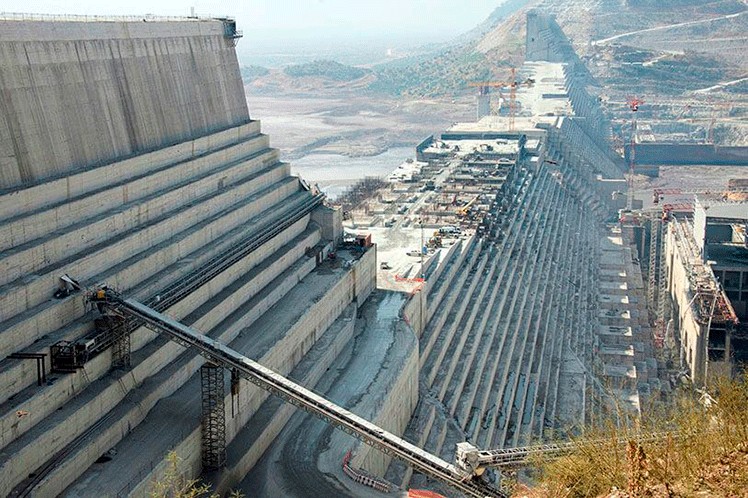According to the declaration, both demand increasing the powers of the observers (United States, the European Union and South Africa) and grant them the same powers that the African Union has.
The statement summarizes Ethiopia’s position after the meeting between the foreign ministers of the three states in Kinshasa, Democratic Republic of the Congo, organized with the purpose of resuming the trilateral negotiation.
Ethiopian Foreign Minister Demeke Mekonnen ratified Addis Ababa’s commitment to work to sign an agreement, recognized the right of the countries through which the Nile passes to use it and stressed the need not to monopolize it.
Egypt and Sudan rejected a draft of the deliberations. They both tried to obstruct the process. They maintain a rigid stance to certify their use of the river and exclude Ethiopian participation, according to Mekonnen.
‘We will not accept an agreement that discards our legitimate rights over the Nile,’ he stressed, and considered illegal the positions of Cairo and Khartoum against the filling of the dam, before signing an agreement.
The dam has caused disagreements mainly between Ethiopia and Egypt since the construction works began ten years ago, and although in 2014 they began negotiations together with Sudan, their differences continue to be unresolved.
Several details cause dissent, but the main one is about the filling time of the reservoir. Egypt requests that it last more than 12 years and Ethiopia plans to do it in a much shorter time.
ef/llp/mem/ra










